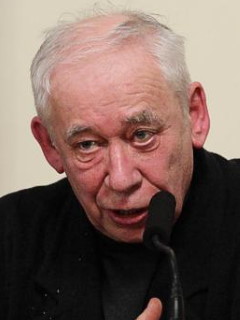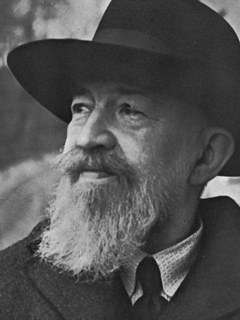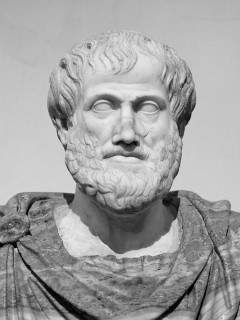

Against relative truth
pp. 141-159
in: Kevin Mulligan, Tomasz Placek (eds), The history and philosophy of Polish logic, Berlin, Springer, 2014Abstract
Jan Woleński and Peter Simons give in their article "De Veritate' (1989) a vivid account of the "Austro-Polish obsession with truth'. Another impressive proof of this obsession is the collection of Woleński's historical essays (Woleński, 1999a). After Kazimierz Twardowski's seminal paper in 1900, Polish logicians and philosophers have been staunch and passionate supporters of the absolute notion of truth. Woleński and Simons (1989, p. 422) even suggest that Alfred Tarski did not introduce relativization of truth to a model in the 1930s "for fear it would lead to relativism'. On the other hand, what Tarski called the "the classical Aristotelian conception of truth' is a relational notion, as shown by the medieval formula veritas est adequatio rei et intellectus (Woleński, 1993, p. 330). This relational character is compatible with the objectivity of truth. Indeed, in my view, Tarski's model-theoretical concept of truth amended with the notion of truthlikeness provides an adequate basis for a fallibilist critical scientific realism (see Niiniluoto, 1987; 1999a). While some ways of relativizing truth are "innocent' from the viewpoint of a realist, who wishes to defend the epistemological status of science, it is important to show why relativists of various sorts are mistaken in their claims that all truths are relative to persons, communities, cultures, beliefs, paradigms, or perspectives.1





